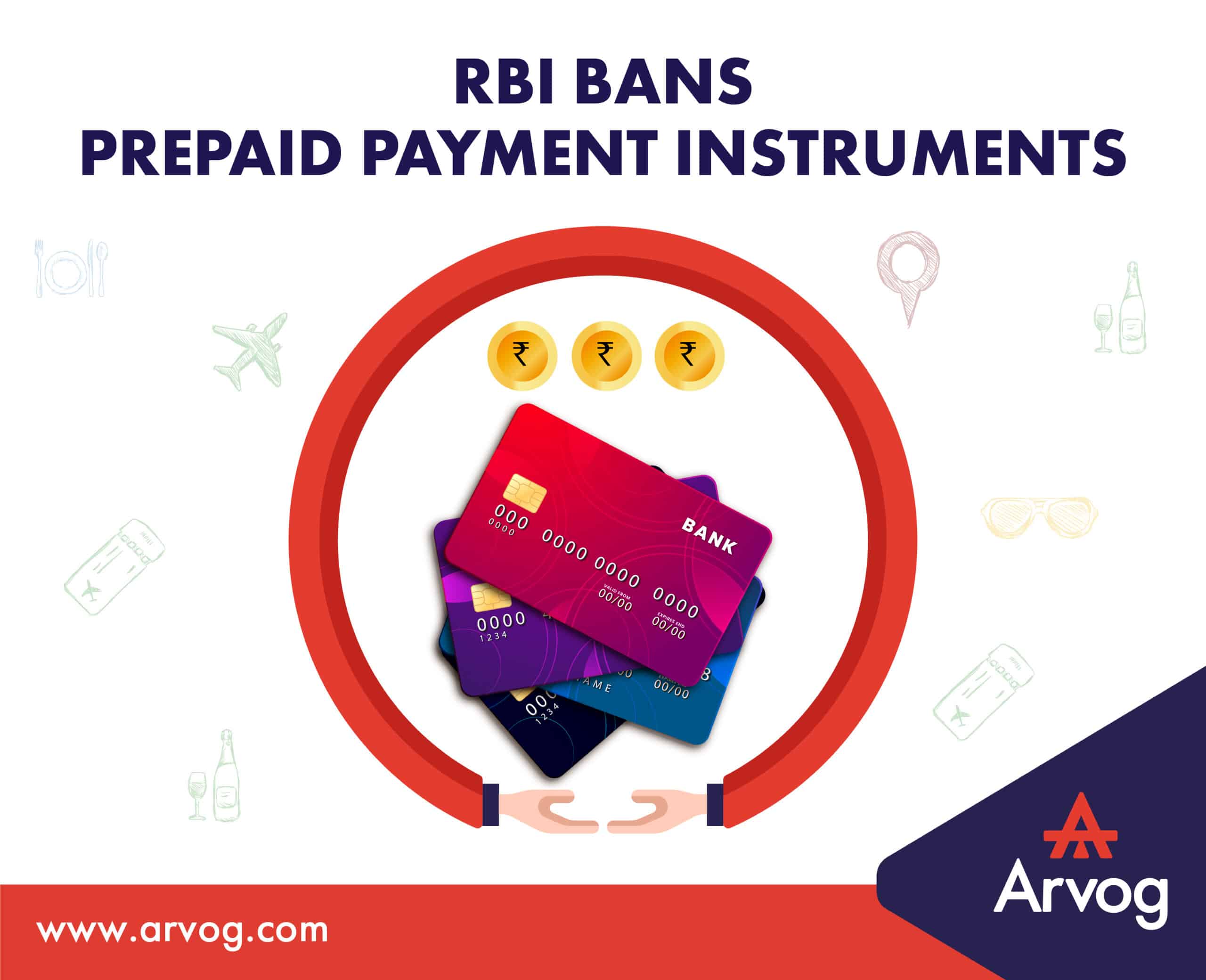
The FinTech industry has been maturing fast over the last decade. Eleven of India’s sixty-five unicorns operate in the FinTech space. The tech-driven Fintech industry is quickly disrupting the traditional and established BFSI players. However, the regulatory regime is gradually catching up to technological consequences. In a move that could impact several fintech players, the Reserve Bank of India (RBI) has asked non-bank prepaid payment instrument (PPIs) issuers not to load their PPI instruments through credit lines.
PPIs enable purchasing goods and services, conducting financial services, and promoting remittance facilities against the value stored therein. According to RBI, over 35 non-bank PPI issuers are in the country, including Amazon Pay, Bajaj Finance, Ola Financial Services, PayU Payments Pvt Ltd, and Phone Pe Pvt Ltd, among others.
This circular by the RBI will likely impact those fintech players who offer credit lines to customers via their wallets in association with non-banking financial players. It may also affect fintechs issuing prepaid cards in association with a banking partner or a non-banking partner.
What are the Possible Reasons for the Ban
A possible reason for RBI’s standpoint may be to guarantee that borrowers comply with all KYC requirements essential to take credit. Further, RBI may be unable to track all lending transactions through PPIs. It is because PPIs are not registered with the RBI as lenders and do not need to follow the disclosure guidelines that banks need to follow.
Impact on the Fintech Industry
Industry stakeholders feel that this regulation reflects RBI’s intention that core banking activities such as offering credit should stay within the purview of banks. It is because RBI heavily regulates banks, and they are considered much safer institutions to engage in lending activities.
In contrast, PPI issuers are not subject to similar regulations. As a result, it would be challenging to hold them accountable if they are unable to refund the deposits they have taken from the customers.
So, we can conclude that this new regulation spells good news for established credit card issuers, banks, and credit card enterprises such as Visa and Mastercard. However, it may spell jeopardy for innovative FinTech players.
Critics of the new rule think RBI’s stance restricts financial inclusion and the movement towards a cashless India.
The way ahead
The RBI’s measure has disrupted the BNPL players, which will impact the market in the short term. However, the market’s overall growth will keep rising thanks to expanding consumer and merchant acceptance, growing interest in electronic payments, and increasing acceptance of flexible payment options. Also, regulation will bring more transparency to the Indian BNPL space, pushing consumer confidence when using BNPL services, even from non-bank providers.
All Authorised Non-Bank Prepaid Payment Instrument Issuers loading the PPI through a credit line have received the RBI communication. The RBI has made an effort to make it clear that these instruments issued through credit lines will be covered by credit cards, and issuers engaging in such behavior must stop immediately. Although the RBI has not specified a deadline for compliance with the earlier notification, the instructions will take effect immediately.
There would not have been a concern if the loan amount had been transferred from the lender’s bank account to the cardholder’s bank account and then placed onto the card.
Assuming that using funds obtained from a third party to upload PPI is not violating any laws. There shouldn’t be a problem if the loan is a separate amortizing loan and the user obtains it by swiping a card. The lender’s credit line, which is reachable via the card or the app, cannot be a revolving line of credit.
While the matter is still pending at the RBI’s end, lenders may route the loan funds through the customer’s bank account. Alternatively, non-banks may function as co-branding partners for credit cards with the explicit approval of RBI. They may increase the transaction time, but that is the only immediate solution.
Conclusion
The move by the RBI will negatively affect many fintech companies that have been providing PPI through co-branding agreements with banks and NBFCs, as well as the customers who would make the switch back to “no credit loaded cards,” some of whom may not even meet the bank’s credit approval requirements.
Further negotiations are reportedly underway to develop a framework that would consider the concerns of both RBI and non-banks. It may require a little time to construct the legislation surrounding it, but in the interim, it will be intriguing how the Fintech industry evolves during this phase.
The FinTech sector in India is about to undergo significant regulatory reforms. Existing FinTech businesses must be cautious with their investments in the face of regulatory uncertainty as the RBI discusses the effects of many facets of this growing industry.




